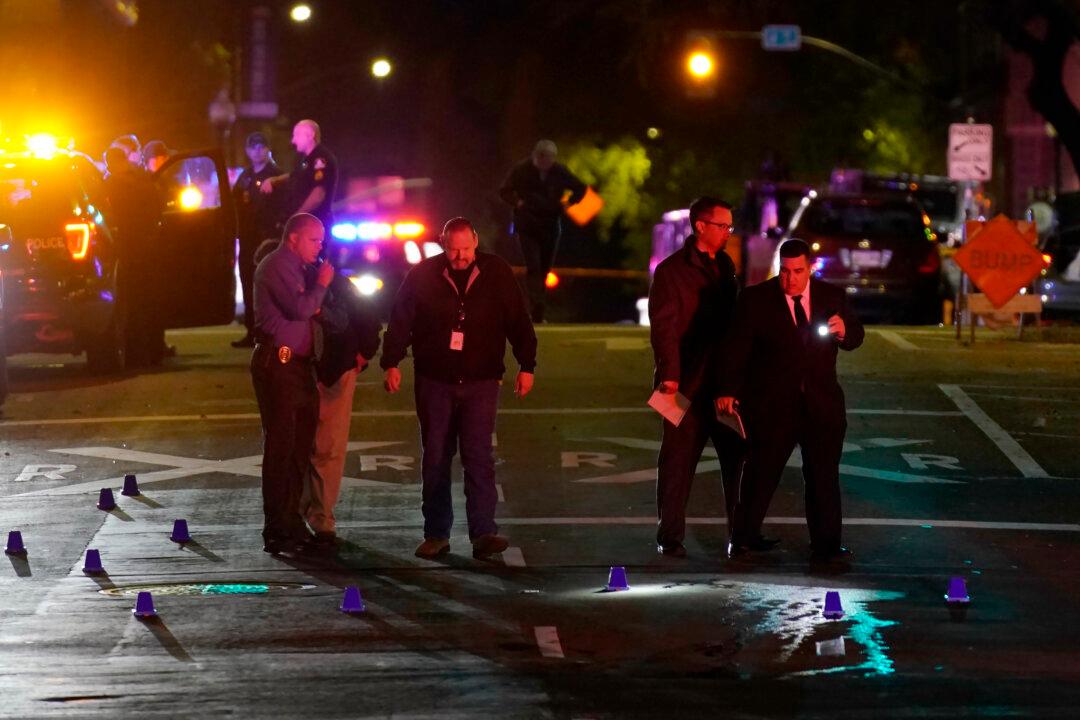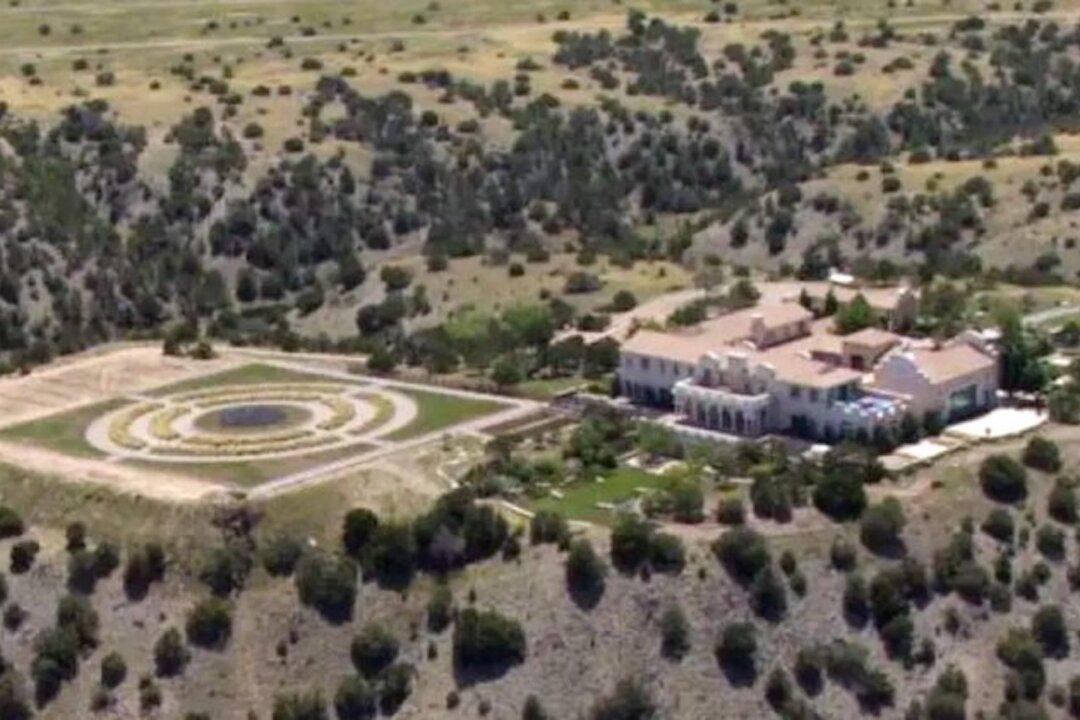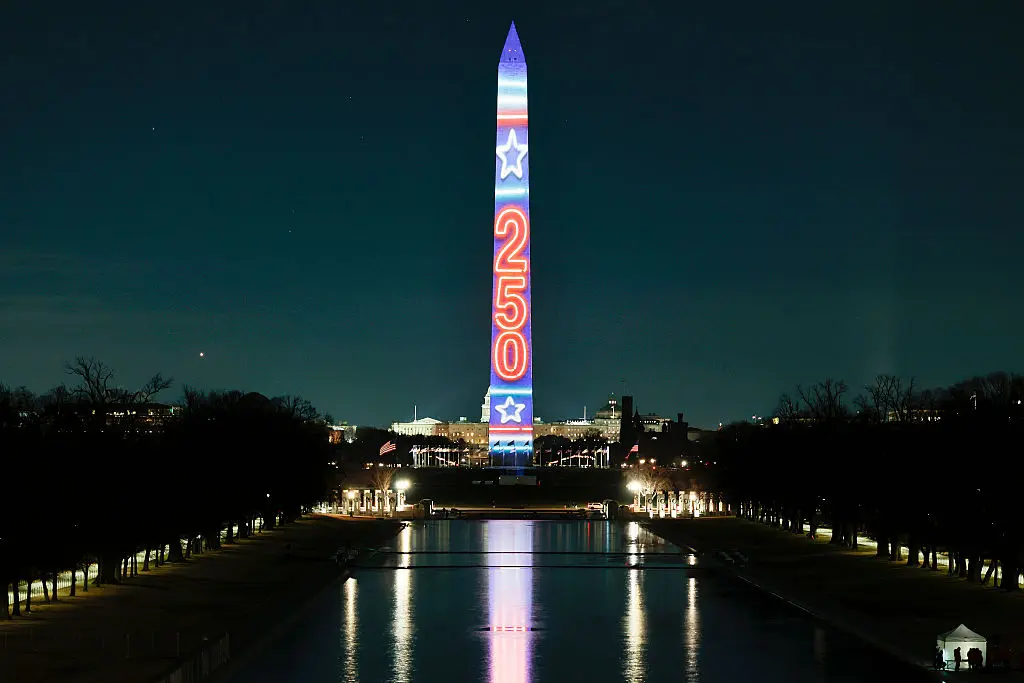SACRAMENTO, Calif.—Three alleged gang members were charged with murder Tuesday in the slayings of three women fatally shot in a gunbattle that rocked California’s capital city a month ago.
Prosecutors say the shooting that ultimately killed six people and erupted before dawn on April 3 in downtown Sacramento was a result of a feud between two rival gangs, the Garden Blocc Crips and G-Mobb, and their allies. G-Mobb is affiliated with the Bloods street gang.





